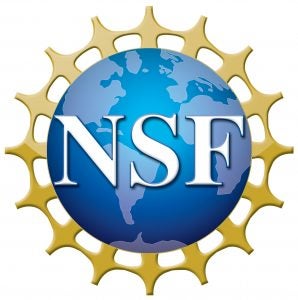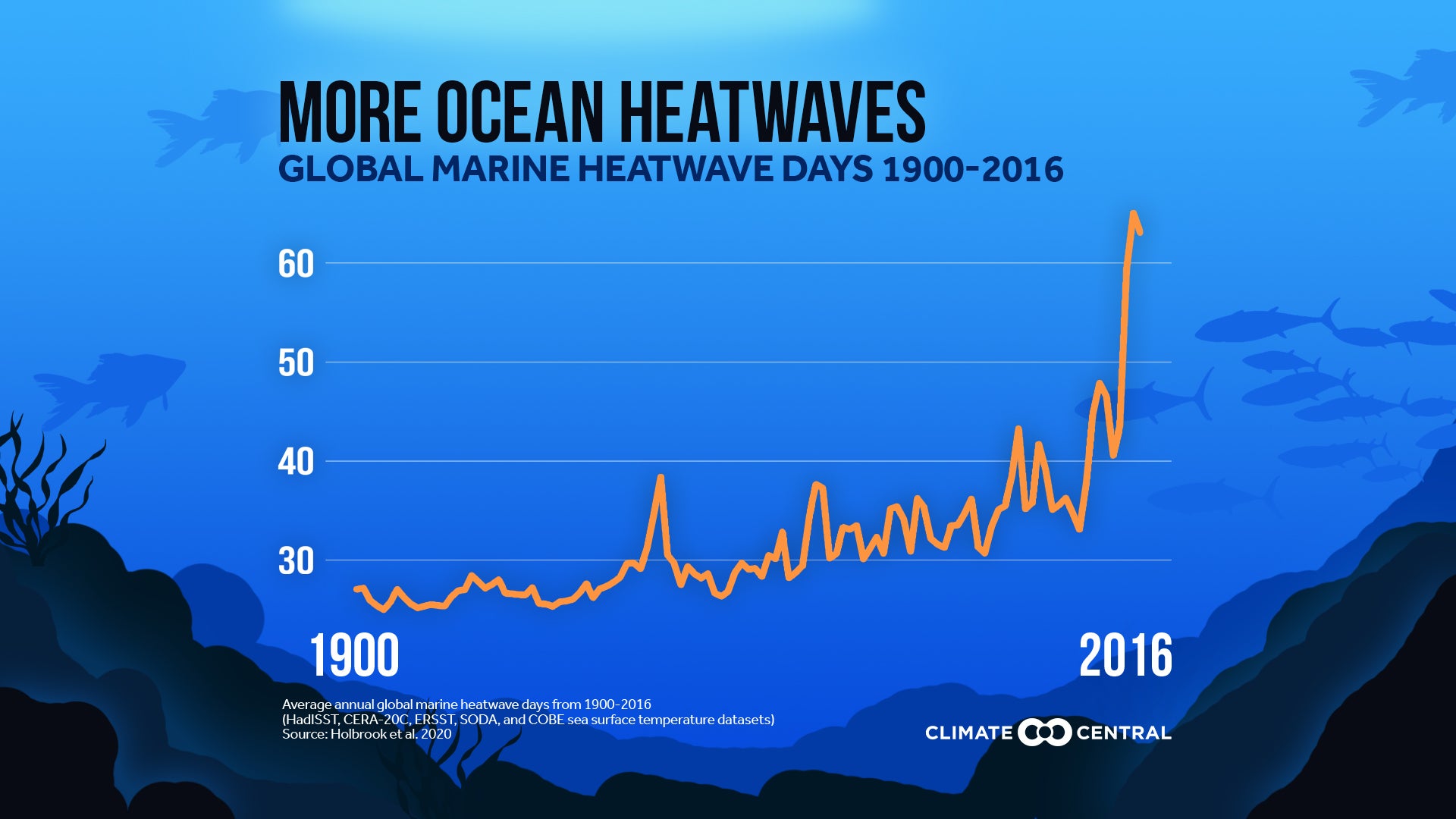November 5 and 12, 2021
Virtual Seminar via Zoom
View videos of the presentations
News audiences are familiar with dangerous heat waves that create uncomfortable living conditions and threaten the health and safety of people around the globe. But what do we know about a recent phenomenon that’s wreaking havoc on ocean ecosystems: marine heat waves?
Marine heat waves are happening more frequently, devastating ecosystems and threatening livelihoods. Metcalf Institute explored the rapidly evolving science of marine heat waves at a series of free seminars for journalists, students, and post-doctoral scholars on November 5 and 12, 2021, held via Zoom.
Participants learned about the emerging scientific knowledge of heat waves including the physical drivers, observational data based on case studies around the world, and the challenges of forecasting heat waves, and the potential impact on your news audience.
View videos of the presentations.
Agenda
All Seminars U.S. Eastern Time
November 5, 2021
1:00-1:05 p.m. Welcome
1:05-1:45 p.m. Why Do Marine Heat Waves Happen? Expert presentation and Q&A on the physical drivers for shifts in ocean temperature.
Speaker: Dr. Dillon Amaya, NOAA
1:45-2:00 p.m. Break
2:00-3:30 p.m. Marine Heat Waves Around the World: Impacts and Consequences. Panelists provided updates on current ocean conditions. Panelists: Dr. Regina Rodrigues, Universidade Federal de Santa Catarina; Dr. Katherine Mills, Gulf of Maine Research Institute; Sam Walkes, University of California Davis
November 12, 2021
2:00-3:30 p.m. The Future of Marine Heat Waves: The State of Forecasting. Panelists described research methods and efforts to understand and predict future impacts.
Panelists: Dr. Hillary Scannell, Lamont-Doherty Earth Observatory; Dr. Sofia Darmaraki, Dalhousie University; Dr. Tatiana Rynearson, University of Rhode Island
This work was supported by the National Science Foundation under grant awards #OPP-1543245 and #OCE-1638834. Any opinions, findings, and conclusions or recommendations expressed in this material are those of the author(s) and do not necessarily reflect the views of the National Science Foundation.


